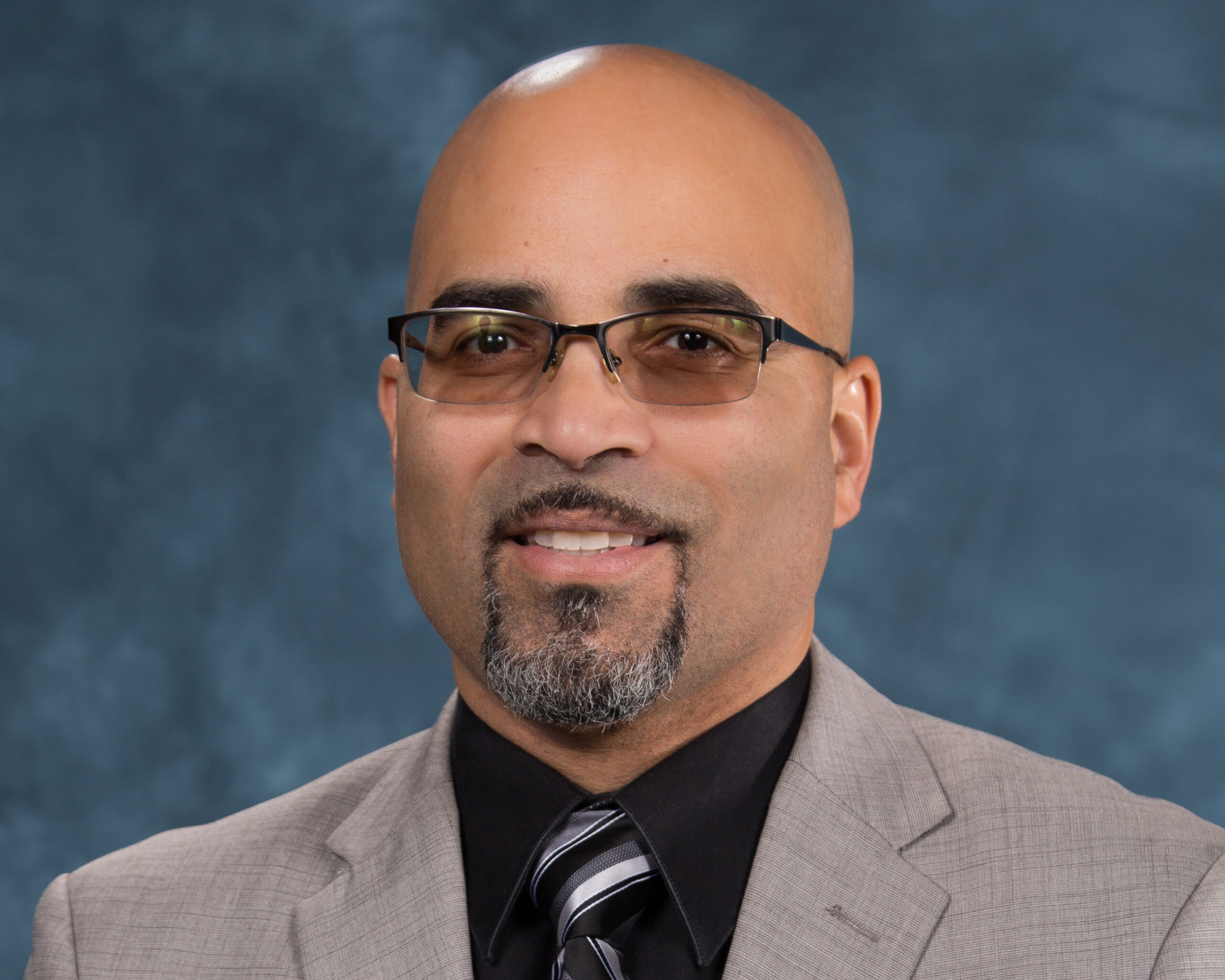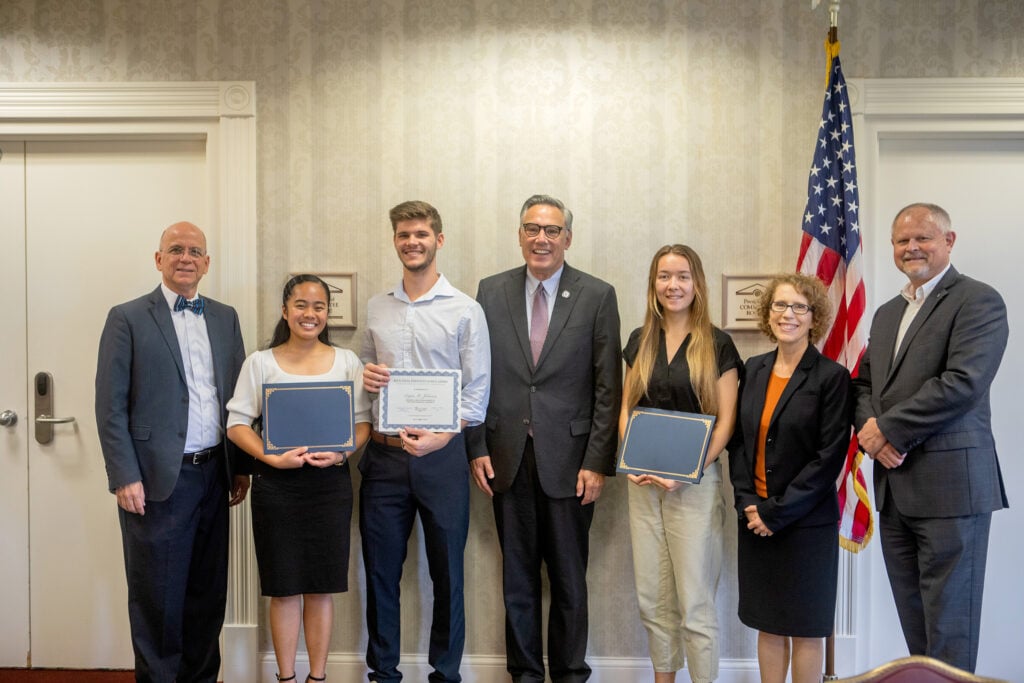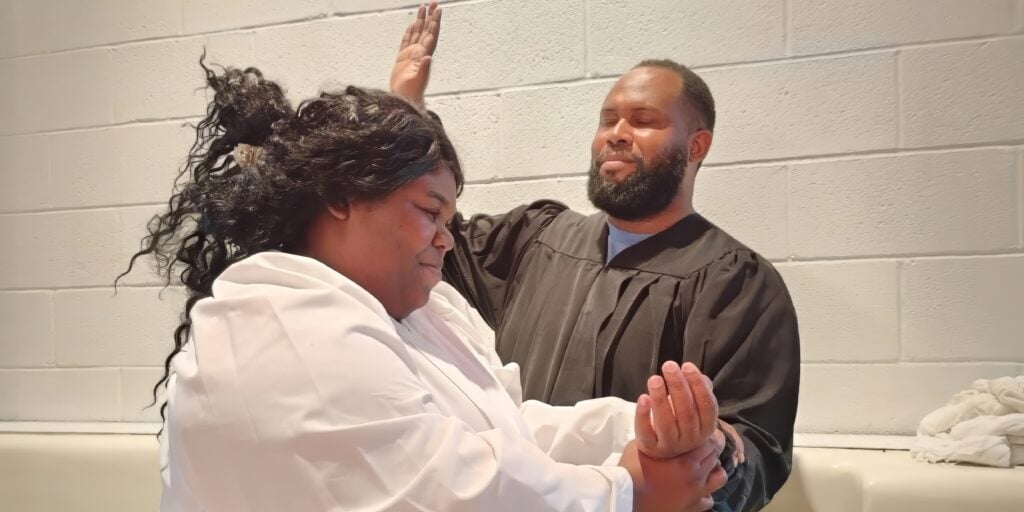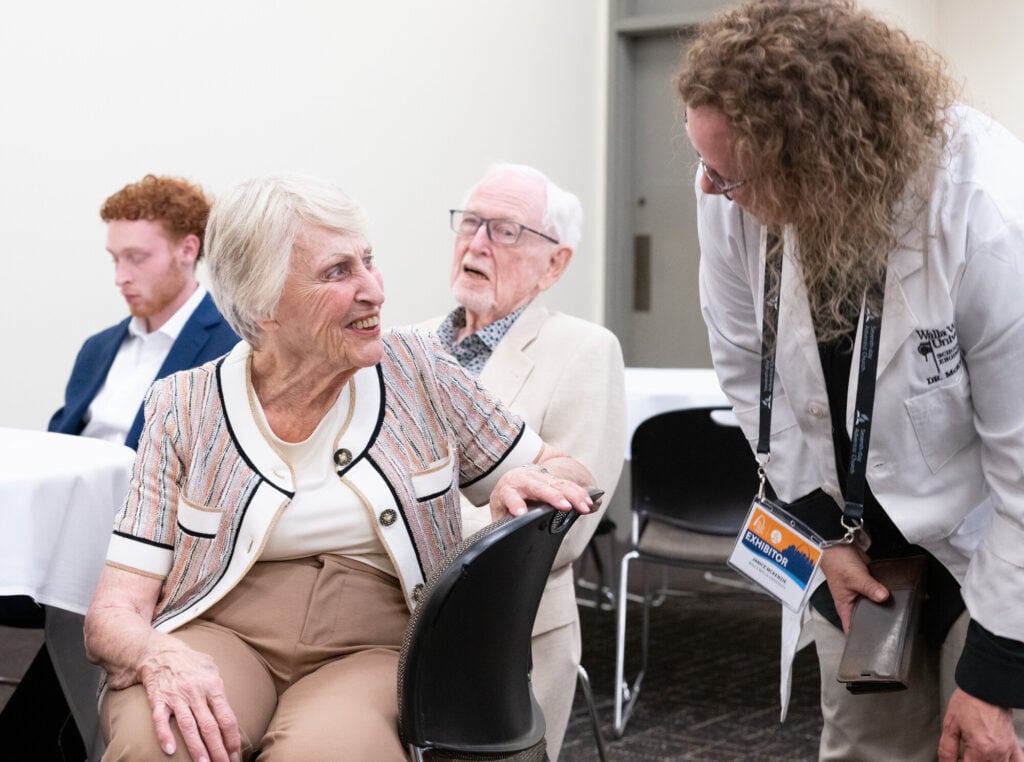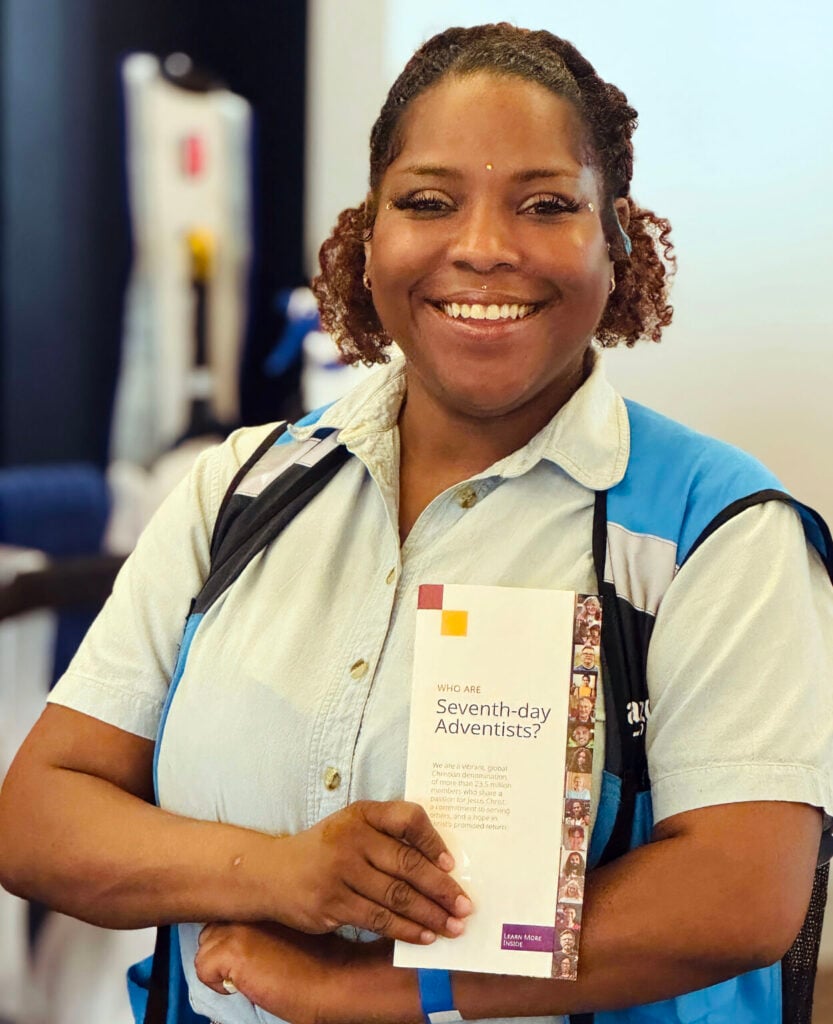This is the third of a six-part series that will introduce the officers and directors of the North American Division who have begun settling in to their newly elected positions.
Carl McRoy was officially voted to serve as publishing/literature ministries director for the North American Division on November 2 during the division’s 2018 Year-End Meeting. The position had been vacant for more than 10 years. McRoy had previously worked as publishing director for the South Atlantic Conference for nearly 11 years, in his final two years in the position, he also served as the conference’s communication director.
Mylon Medley, assistant director of the NAD Office of Communication, sat down with McRoy to learn more about the ministry.
What inspired you to work for the Church?
I wouldn’t be in the church if it weren’t for the Church’s literature such as Christ’s Object Lessons, The Desire of Ages and The Ministry of Healing, all written by Ellen G. White. I wouldn’t have even gone to school at Oakwood University to pursue higher education if it weren’t for reading the analysis of Matthew 25’s parable of the talents in Christ’s Object Lessons, which convicted me to do more to improve upon the God-given talent that I had.
After first reading the books, I thought to myself, “This is life changing stuff, other people will be blessed by it.” I asked the Lord to give me an opportunity to share it with others. Shortly after, someone visited my local church to recruit for literature evangelism outreach, and I said, “OK, here’s the answer to my prayer.” They even came back the following week — two weeks in a row. I’d never experienced a direct answer to prayer like that in my entire life. I said, “OK, Lord, that’s for me.”
I started doing literature evangelism work that year. Once I enrolled at Oakwood, I continued to do literature work and eventually became a student literature evangelism leader.
What were you doing before you decided to attend Oakwood?
I’ve had so many different jobs, anything I could get my hands on, and sometimes working multiple jobs at once. I’ve worked as a janitor, waiter, dishwasher, nursing assistant, and teacher’s assistant.
There were two gaps between going to college after high school. The first time I waited three years before I went to school, but I didn’t finish. I wasn’t driven by a strong sense of purpose or passion. Approximately five years passed before I went to school again.
Before the second time, I’d developed gratitude for what God had done for me and through me. I wasn’t necessarily wanting to do pastoral ministry, I just was convicted I needed to improve upon my talents, one of them being writing.
I discovered I was a good writer during my first round of college. Even when given stressful assignments, I usually found a certain amount of enjoyment at the same time. It was affirming to see A-plus on my papers.
What was next after Oakwood?
My first assignment after I graduated from Oakwood was associate pastor at Atlanta Berean Seventh-day Adventist Church in Georgia. Then I went to do my “Carolina Time,” which is a term sometimes used in the South Atlantic Conference as the time you’re able to serve smaller districts in North Carolina and South Carolina.
I was publishing director for the South Atlantic Conference for 11 years, and also the conference’s communication director for the final two years. I’ve also served as an interim pastor several times while being a departmental director.
Is your current role as publishing/literature ministries director to provide guidance for colleagues in the conferences and unions?
There are a few unions that have publishing directors on the union level, such as the Northern Pacific Union, Pacific Union, and Southern Union. Other than that, we’re talking about local conference publishing directors.
There are many conferences without publishing directors as well. We want to lend support to those who already have leadership in place, but a lot of those have pretty strong standing already. We’re really concerned about areas that do not have activity or leadership for coordinated literature outreach. We’re thinking far beyond the traditional colporteur that goes around with a bag of large books door-to-door.
What’s the biggest need in your field?
The biggest need I think we have as a church is to recognize our division as a mission field. When we talk about missionary trips, we usually think about different countries around the world where we send money or people. However, if you do demographic studies of just about any metropolitan area in the United States – and it’s even more so in Canada – you’ll find a large number of “unchurched.” The “nones,” or those who are not affiliated with a religious group, are the largest growing religious demographic.
I don’t think a lot of us really see our territory as a mission field and it shows in our attitudes and actions—or inaction. But if we approach the communities around our churches as mission fields and our churches as mission outposts, we’ll see a lot more activity in terms of outreach. We need to act like we have a short period of time to reach them because Jesus is coming soon, even if soon doesn’t mean in our lifetime.
What are the different methods of literature of evangelism?
There are three main categories:
1. Selling books for a living full-time.
2. Student literature evangelists going out on their breaks or even during the semesters in their local communities.
3. General membership engaging in sharing literature. This category is outreach through lifestyle. For example, if you’re at the gas pump, you can leave a tract in the pump before you leave. When you’re flying on the plane, you can leave a Steps to Christ in the seat back pocket. When I stay in hotels, I leave a Steps to Christ or other inspirational literature next to the Gideon Bible, which is usually found in a nightstand drawer.
We’re living in an increasingly digital world, is distributing literature as effective as it was a decade ago?
People are reading as much as ever. Sometimes we point to the Internet as something that makes people want to read less, but it’s actually increasing the amount that people are reading, giving them more choices in how they consume their reading material, and making it easier and faster to get books in customers’ hands.
Keeping the Internet in mind means you have to be competitive in a lot of different ways, including pricing and delivery. If I’m an Amazon Prime member, I can get free, two-day delivery on most titles. Of course, digital versions are delivered immediately. These are increased expectations we have to meet. These factors force us to be creative and figure out new ways to add value. We also need to better adapt to the e-book and audiobook markets.
How can the church meet those expectations?
The church meets expectations by anticipating needs in the community. This means initiating personal contact with the community instead of waiting for them to come knocking on the church’s doors.
An effective method of literature outreach is through partnerships with other ministries. The idea is to provide resources to groups of people who already have a passion for the needs they’re meeting. You can’t just change someone’s passion. God gave that passion, that spark, that flame. What literature ministries leaders are doing is providing resources for other ministries to help fan their flames and do more of what God’s called them to do.
Paul always references the body when he writes about spiritual gifts in the Bible – Romans 12, 1 Corinthians 12, and Ephesians 4. You can’t get the full biblical experience of exercising spiritual gifts by working individually. Spiritual gifts are most effective when we all work together. Literature ministries is committed to collaborating with others, that’s how we bring out the best in each other, reach more people, and fully reflect Christ.
Carl is married to Luceta, a college professor with a doctorate degree in healthcare administration and a background in communication and business. They have a 16-year-old daughter and a 12-year-old son.
—
The first article of this series profiled Bonita J. Shields, the division’s newest director of Stewardship Ministries.
The second article of this series profiled Randy Robinson, the division’s newest treasurer.
